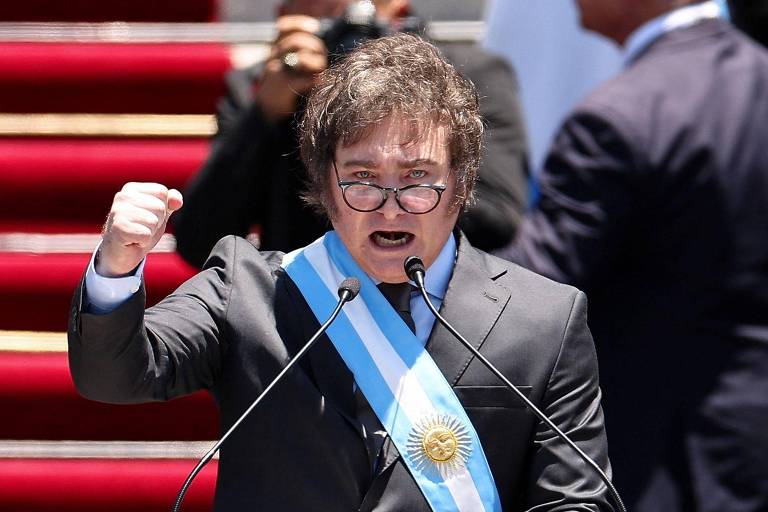Brazil's ambassador to Argentina, Julio Bitelli, says there is no discrimination against Brazilians by the government of Javier Milei, amid reports indicating that the country has been stricter in recent months and barring students trying to enter without a visa. Although there are signs that Argentine immigration posts are more demanding, the diplomat says this has not translated into a higher proportion of Brazilians being denied entry at airports, citing data presented to him by the National Directorate of Migrations in Buenos Aires.
Contacted, the agency informed Folha that only 38 people who tried to enter the country from Brazil since January 1 have not been admitted, out of a total of nearly one million, for various reasons including incorrect documentation. The Argentine government said it would not be able to provide the total number for last year yet this Monday (26), but confirmed that it had not varied significantly. At this time of year, the flow of Brazilians entering Argentina increases, including vacationers and students preparing for the start of classes at public universities, which are attractive to foreigners because they are free and do not require an entrance exam — in total, about 10 thousand Brazilians study in the country.
The alarmist climate that arose from reports of barred students prompted the ambassador to approach the agency to clarify the facts last Friday (23), even though this is a consular issue.
"It is important to clarify that there have been no changes in Argentine immigration policy, nor will there be. The requirements do not change and remain the same," reiterated Milei's Interior Ministry, to which the migration directorate is subordinated. "We would not like to generate alarms in the community of international students we have in our country." In the case of Brazil, these processes are regulated by Mercosur rules and also by a bilateral agreement that came into effect in 2009. It allows Brazilians to apply for permanent residency without having to fulfill the two years of temporary residence. This context has led to a culture where students usually enter as tourists without major problems and, once there, request the right to stay. "What you can't do is to be half a tourist, half a student. You can, according to the laws and rules of Mercosur, enter as a tourist and change your status later. But you have to have entered the country meeting the requirements to enter as a tourist, like having a return ticket," Bitelli explains.
